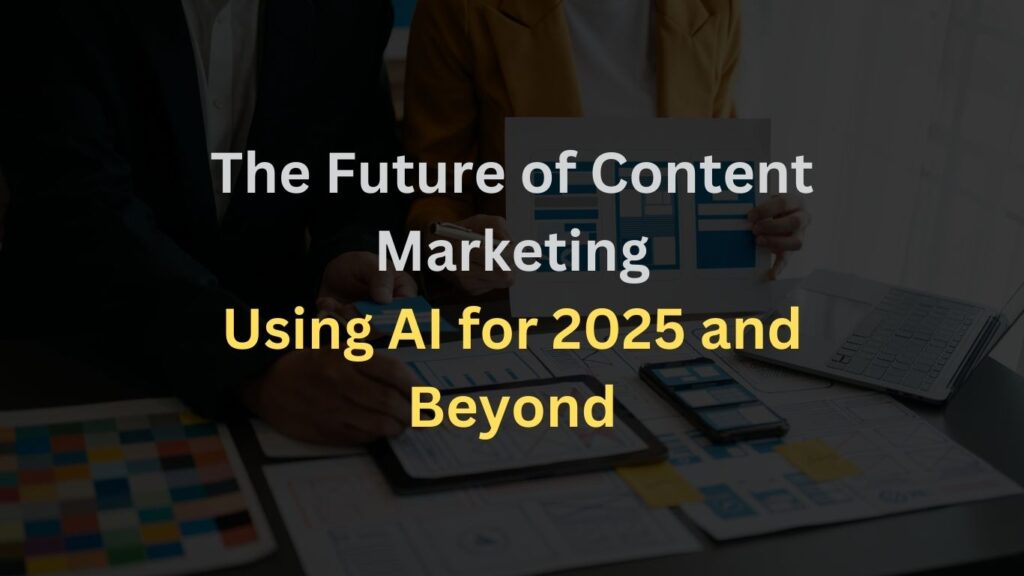As we step into 2025, most of the content marketers use artificial intelligence for personalised content. I feel this transformation is not merely a trend; it represents a fundamental shift in how businesses connect with their audiences. In this post, I’m going to share five trends that I feel are transforming the marketing game after the AI revolution.

AI-Driven Content Creation
One of the most significant impacts of AI on content marketing is its ability to streamline content creation. Tools like ChatGPT, Copy.ai, and Gemini 2.0 enable marketers to produce high-quality content.
These platforms use natural language processing to generate articles, social media posts, and even video scripts. It helps marketers to focus on strategy rather than getting bogged down in the minutiae of content production.
However, fact-checking is essential, you cannot rely on AI tools completely. The integration of AI not only enhances productivity but also ensures that content remains relevant and engaging.
Hyper-Personalization at Scale
AI’s capability for hyper-personalization is the future for businesses. It has been changing how brands interact with consumers. You can analyze user data and behaviour patterns to meet the specific interests of individual users.
This level of personalization enhances user engagement and drives conversion rates. For example, Spotify and Youtube are great examples- they use AI to curate individualized playlists, which recommends songs based on a user’s listening history.
Interactive and Immersive Experiences
The future of content marketing will also see a rise in interactive and immersive media. Augmented reality (AR) and virtual reality (VR) technologies are set to play a role in engaging audiences.
Brands will use these technologies to create memorable experiences, such as virtual product trials or immersive storytelling campaigns.
Centralized Content Management
In 2025, businesses will prioritize centralized content management systems to streamline their marketing efforts. The combination of text, images, and videos is essential to consistently grow the brands.
This centralization allows for better collaboration among teams and enables AI to provide better insights into content performance. As a result, marketers can make data-driven decisions that enhance ROI and reduce time-to-market for campaigns.
Ethical Considerations in AI Usage
As AI becomes more integrated into content marketing strategies, ethical considerations will take centre stage. Consumers are increasingly concerned about data privacy and the transparency of AI algorithms.
Marketers must ensure that their use of AI is responsible. Ethical AI practices will not only build trust with audiences but also align brands with the values of today’s socially conscious consumers.
Sustainable Content Strategies
Sustainability will also be a key focus for content marketing in 2025. As consumers become more eco-conscious, brands will need to create content that reflects their commitment to sustainability. It includes promoting green products and following marketing practices to minimize environmental impact.
For example, Patagonia follows sustainable content strategies- their “Don’t Buy This Jacket” campaign promotes mindful consumption, while transparency about supply chains builds consumer trust.
Through impactful storytelling and community engagement, Patagonia maintains loyalty among eco-conscious consumers.
Conclusion
The integration of AI into content marketing strategies is transforming how brands engage with their audiences. From enhancing efficiency in content creation to enabling hyper-personalized experiences, AI is paving the way for innovative marketing approaches.

Rito is a professional technical and SEO content writer with ten years of industry experience. You can expect valuable and well-researched blogs on this website that meet your needs. If you are looking for a digital marketer or technical content writer, feel free to connect with him on social platforms.
